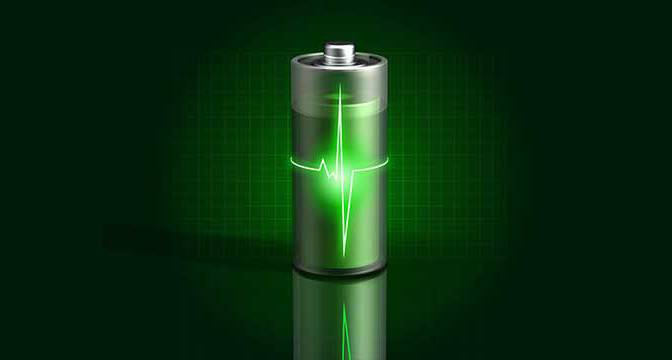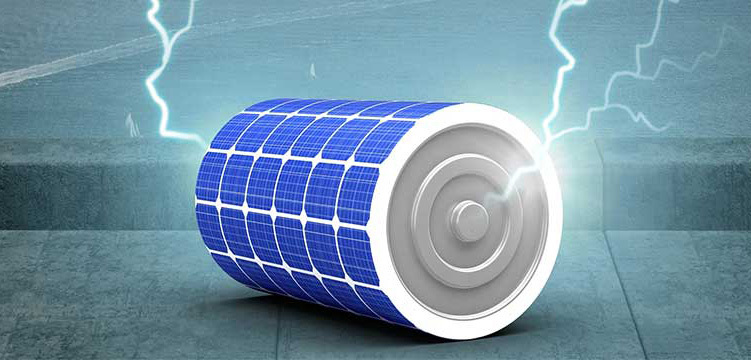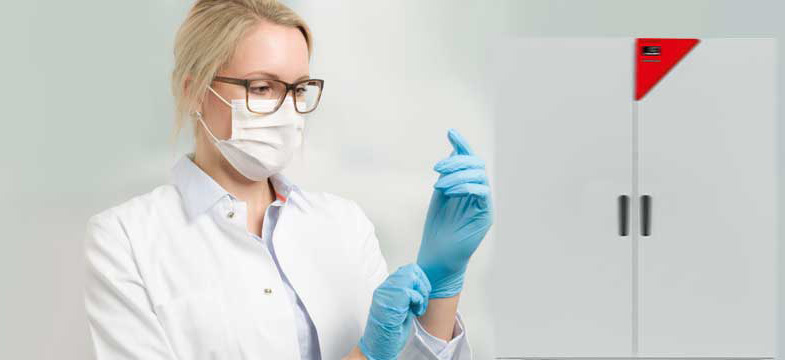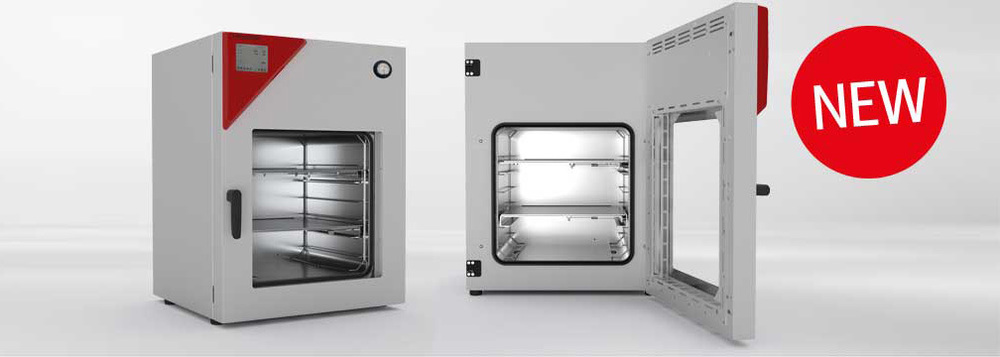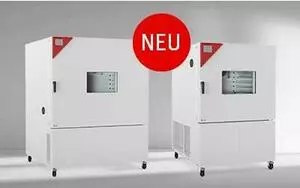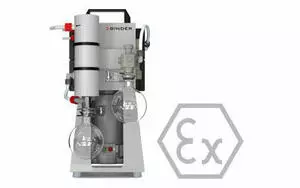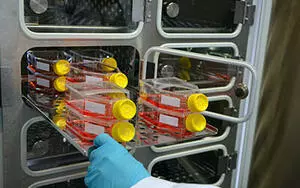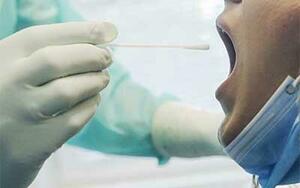
Corona rapid tests help identify infected people and break chains of infection. With the usual antigen tests, SARS-CoV-2 proteins are detected with the help of specific antibodies. Even more precise, i.e. even more specific and sensitive, are PCR tests (polymerase chain reaction), with which a large laboratory in Vienna, Austria, for example, analyzes saliva samples around the clock. BINDER incubators are used successfully in an early process step in these tests.
Up to 60 Postbuses deliver up to 200,000 sample tubes per day and over 400 employees evaluate several liters of saliva every day. An undertaking that has to be done quickly and where the equipment has to be reliable and safe. So it's no wonder that there are a number of BINDER incubators in the large laboratory that are just waiting to heat new sample racks to the specified temperature in order to feed them into the automatic analysis process. Ten samples at a time are pooled by a pipetting robot in order to multiply the efficiency of the mostly negative samples, and a reagent mix is added. The pool only needs to be dissolved if a positive sample appears in order to identify the positive individual sample. The central process step is RT-PCR. Virus RNA, if present in the sample, is enzymatically copied into DNA (reverse transcription, RT) and exponentially reproduced (PCR) with the help of very specific gene probes. So you only get a large amount of specific DNA in samples that contain SARS-CoV-2-RNA, which can then be easily detected.
The sensitivity of this method is so much greater than that of antigen tests because very few viral RNA molecules are amplified so strongly that they can be reliably detected. And the specificity is so great because unique gene probes can be designed for the viral RNA that do not match any other known sequence and can easily be produced synthetically.


